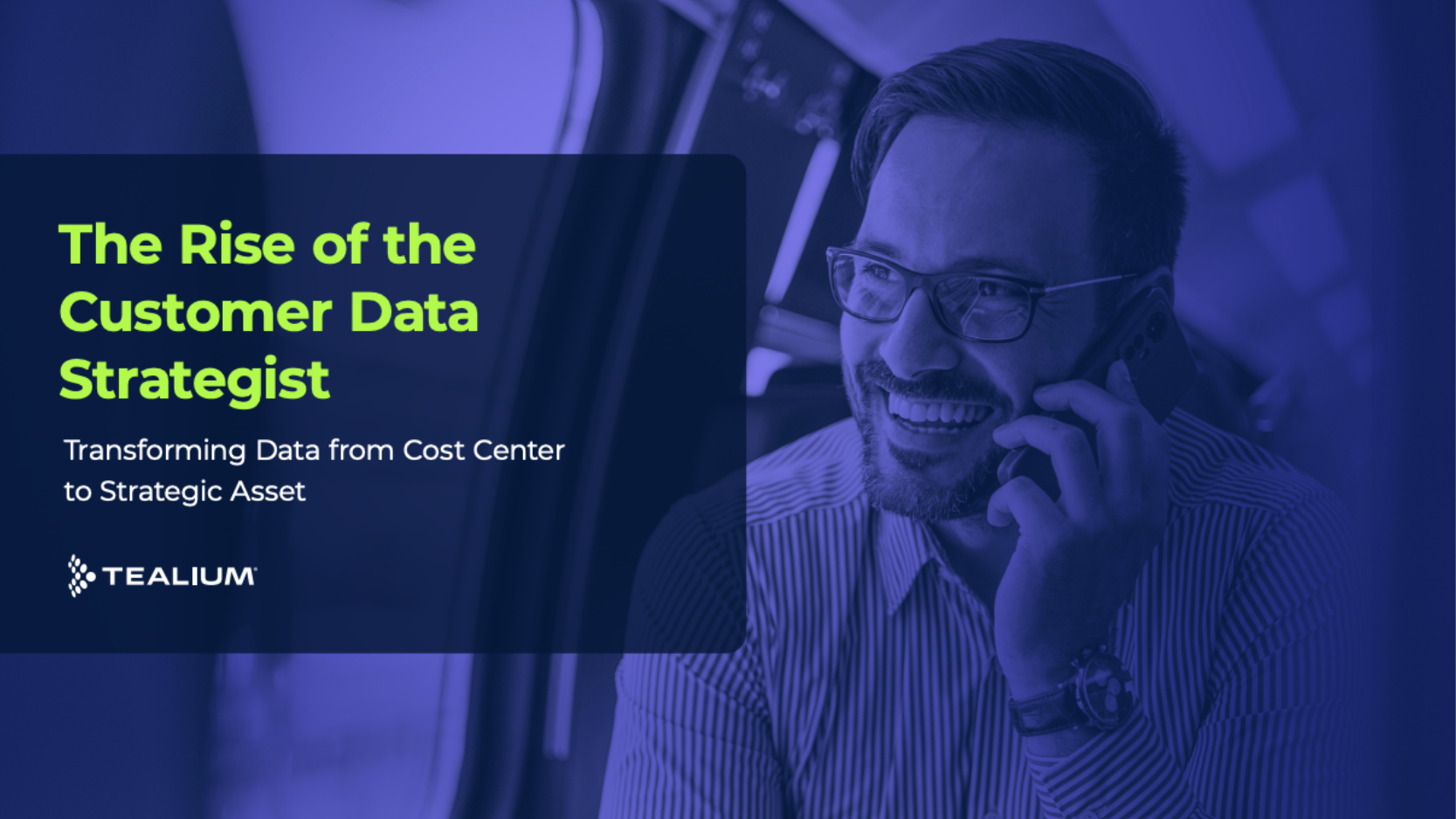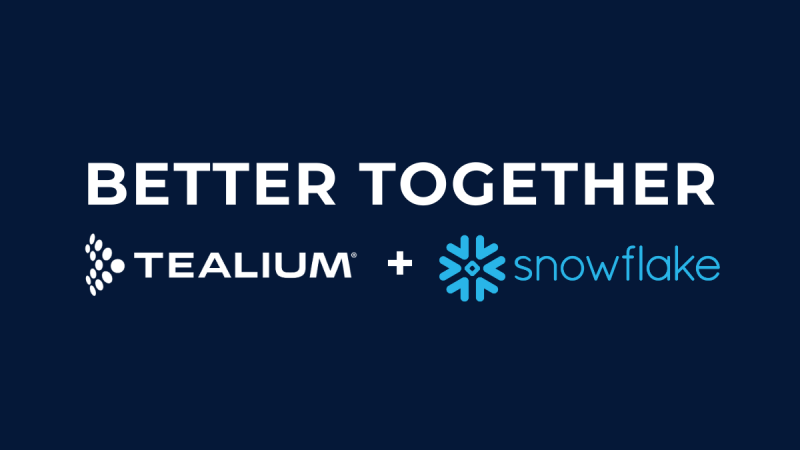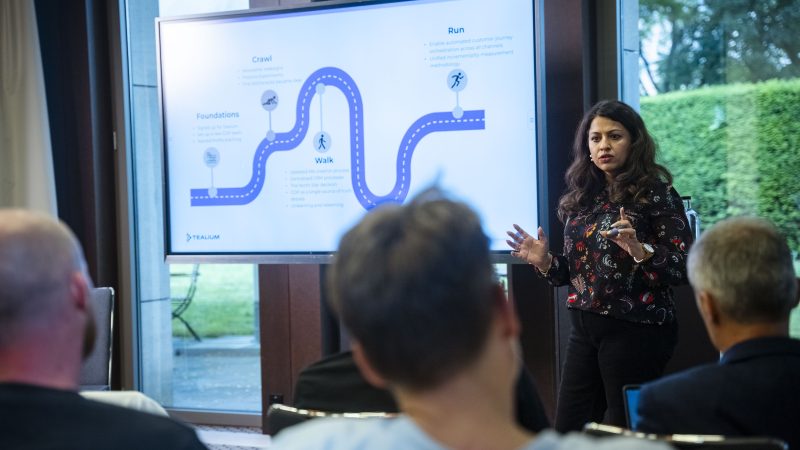The past couple of years in insurance have been hard. While 2023 was better than 2022, Property and Casualty (P&C) insurers still reported a $21.2 billion underwriting loss, and have faced increased climate disaster risks, higher auto accident rates, and social inflation on settlements. At the same time, policy holders are experiencing the flipside of these same challenges– getting dropped by insurers exiting high climate risk areas, denied claims, and skyrocketing premiums eroding trust in their current insurers and the industry in general.
In order to survive, insurers must regain trust, and find new ways to meet customer (prospect and policy holder) demands while somehow improving their bottom line. Unfortunately, while still a core touchpoint in the insurance customer journey, the call center is costly, and rife with long waits, repetitive questioning, and impersonal service. Using real-time data to reimagine the call center experience can fundamentally change these interactions. Instead of merely a cost center, call centers can become a differentiator to improve satisfaction, retention, and even revenue, while reducing operating costs
Real-time customer data isn’t just a buzzword-laden phrase, it’s the shortest path for transforming call center interactions. Real-time data is also more than just clickstream events; an up-to-the-moment customer profile informed by both online and offline interactions provides the context and insights for improving the experience. In our companion post by Chris Mayer, 4 Ways To Optimize Call Center Performance, we described in detail how access to customer behavior and profile in the moment can positively impact customer experience, as well as operational metrics like Average Handle Time (AHT) and First Call Resolution (FCR) across industries, so we’ll focus on a few examples of how insurers can apply it:
- Smart Call Routing: Customer journey data (e.g., recent searches or FAQs viewed) allows insurers to route calls based on intent signals or active claims, connecting prospects or policyholders with the right agents or service reps who can immediately address their needs without multiple handoffs.
- Contextual Recommendations: With access to a real-time profile, recommendation engine offers, and policy history, agents can offer the right products and upgrades. For example, an auto policy holder who abandoned a home policy calculator before calling can be offered targeted bundles, with a simplified purchase process, enhancing both customer satisfaction and revenue potential.
- Personalized Self-service Options: Customizing IVR menus based on recent behavior on the web and app, field data, or claim status can reduce call spikes and create deflection opportunities with status updates, triggered informational emails, or scheduled callbacks.
The core benefit of real-time data is to deliver a seamless experience across all customer touchpoints. Whether a customer starts online, interacts with a chatbot, or calls an agent, having a unified data strategy ensures every interaction is informed by past interactions up to the moment. This not only improves the operational metrics but also eliminates redundant conversations and strengthens customer trust…making them feel heard and getting what they need faster.
In the end, transforming the call center isn’t just about better service metrics. It’s about evolving how insurers understand, support, and engage customers as human beings. As automated interactions grow, the call center can become a brand ambassador with a human touch, while laying the data foundation for insurers to evolve and further automate as customer comfort around AI improves. While industry trust remains low and financial pressures continue to mount, the insurers who act to anticipate policyholder and prospect needs will not only lead in service but set the pace for the industry at large.







